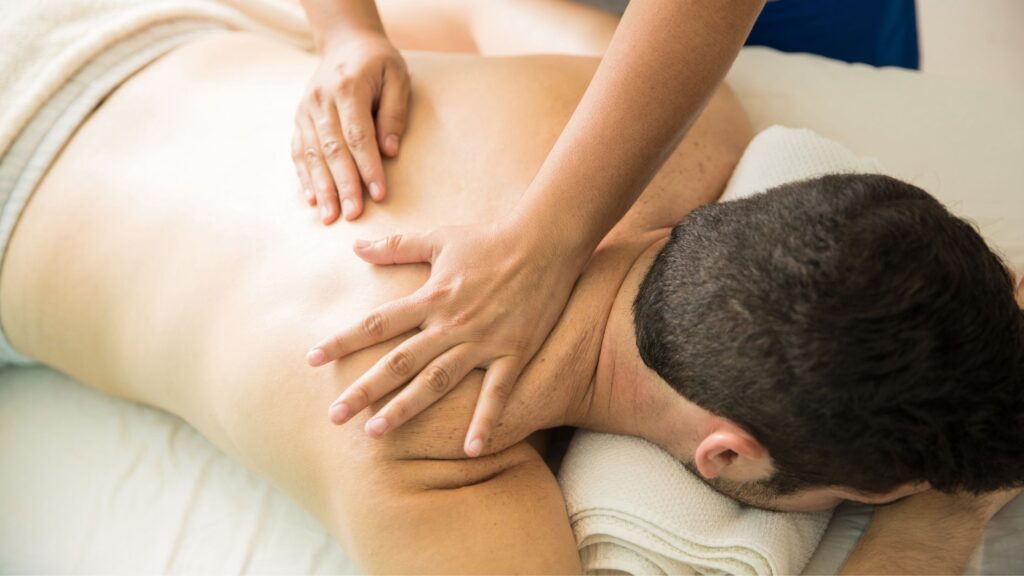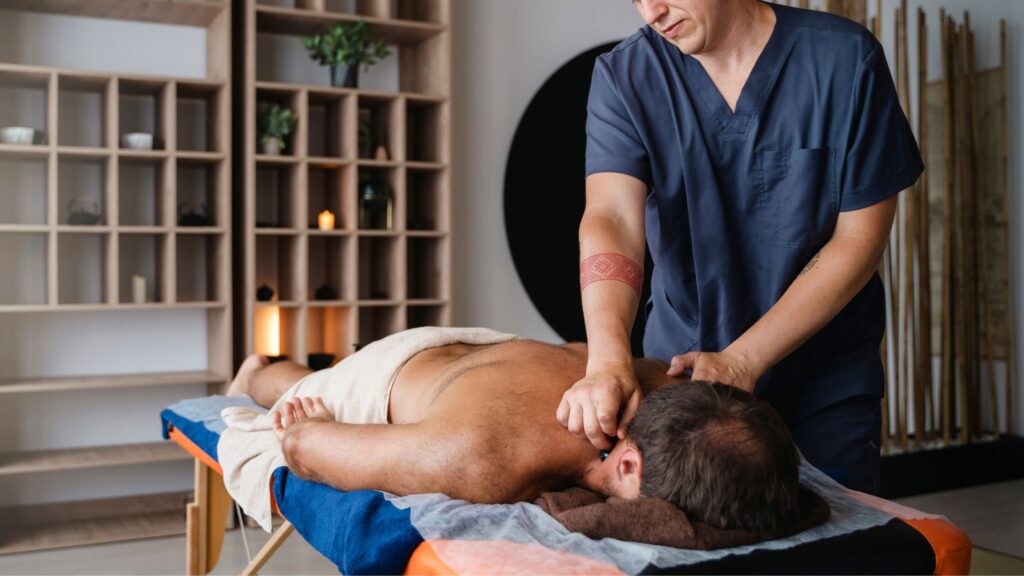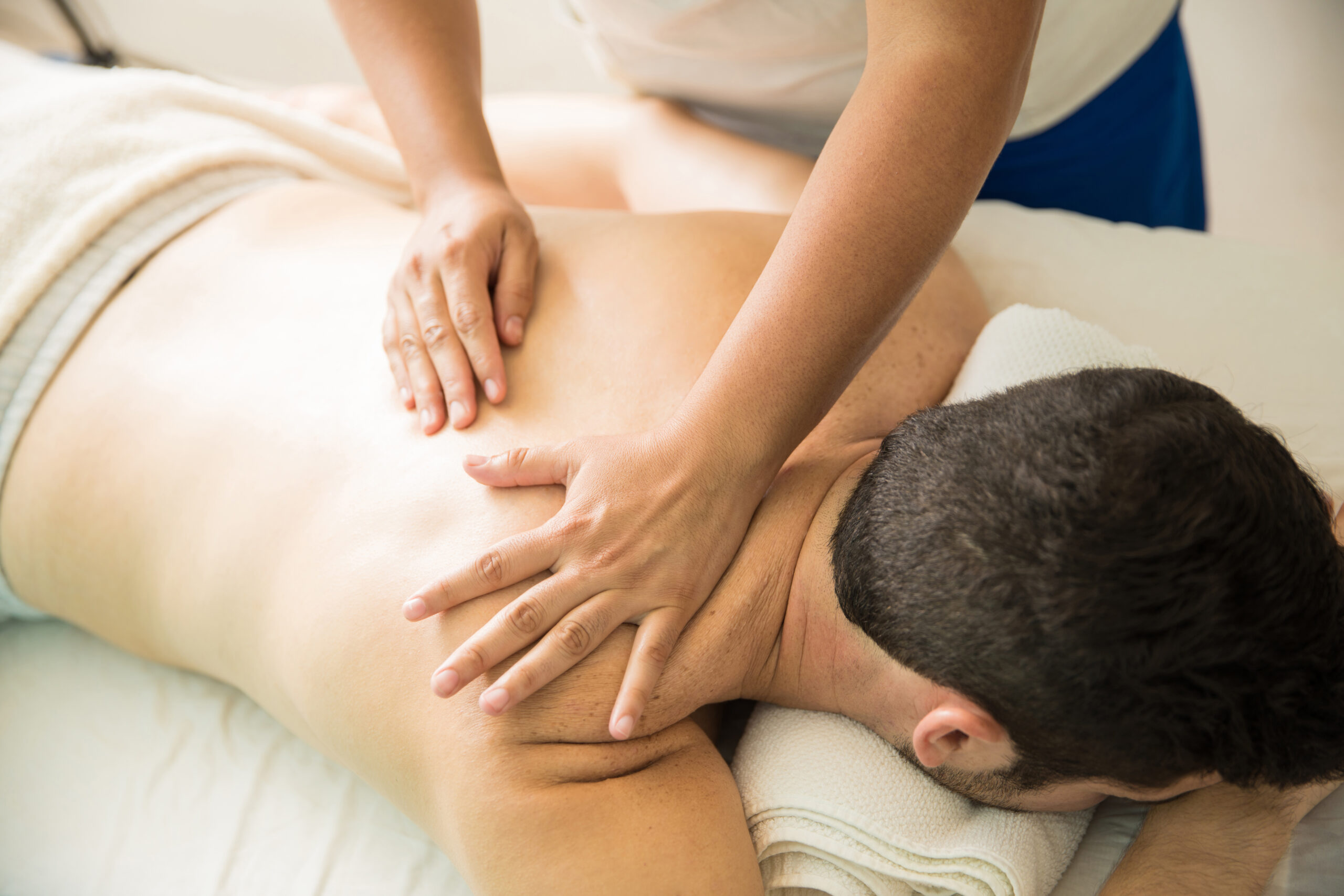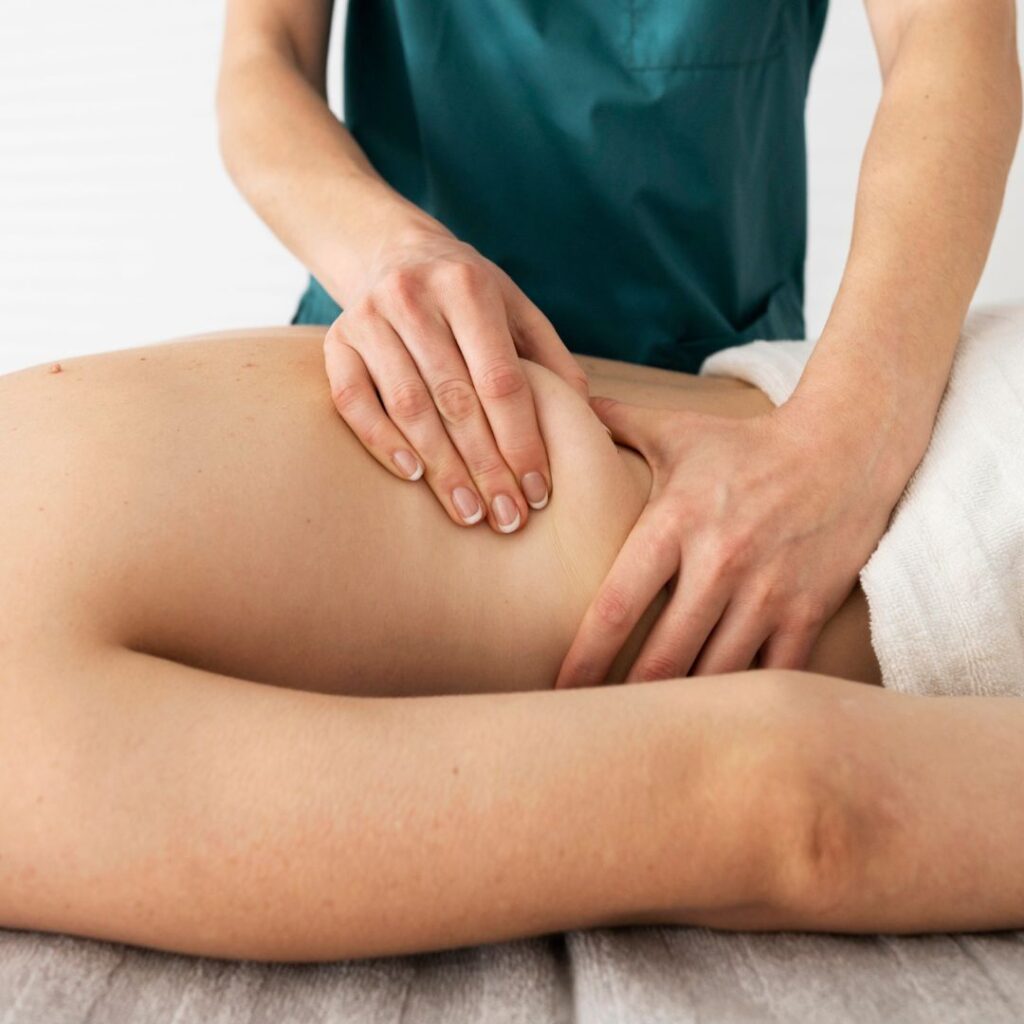
If constant backaches, stiff necks, or muscle knots are making everyday life uncomfortable, you’re not alone. Many people turn to a deep tissue massage spa to find lasting relief. But what if your massage could do more — like improve circulation, relax your mind, and even speed up post-workout recovery?
In this guide, we’ll answer your top questions, address common concerns, and help you decide if deep tissue or a hot stone massage is right for you.
Why Choose a Deep Tissue Massage Spa for Chronic Pain Relief?
If regular massages feel relaxing but don’t quite fix your muscle tension, deep tissue massage targets the deeper layers of muscle and connective tissue to address the root cause of pain.
Solution:
A deep tissue massage applies slow, firm pressure to break down muscle adhesions, improve flexibility, and restore natural movement.
What Are the Proven Benefits of a Deep Tissue Massage Spa?
A well-performed deep tissue massage can:
- Relieve chronic muscle pain and stiffness
- Improve posture by releasing tension
- Support injury rehabilitation
- Increase flexibility and joint mobility
- Reduce inflammation by improving circulation
- Promote mental relaxation by lowering cortisol levels
💡 Pro Tip: If you’re looking for the best body massage in NYC, choose a spa that offers trained deep tissue therapists who understand anatomy and trigger point release.
How Does Deep Tissue Massage Work?
This therapy uses slow, deliberate strokes and firm pressure to reach deep muscle layers and fascia. Your therapist may use fingertips, knuckles, elbows, and forearms to release chronic tension. By breaking down scar tissue and muscle adhesions, your body can move more freely and heal faster.
Is Deep Tissue Massage Painful?
Some discomfort is normal, especially in very tight areas. But pain should never be overwhelming — skilled therapists adjust pressure to your tolerance.

Who Should Consider Visiting a Deep Tissue Massage Spa?
You might benefit if you have:
- Chronic back or neck pain
- Stiff shoulders from desk work
- Sports injuries or post-exercise sorenes
- Limited flexibility or range of motion
- Stress-related muscle tension
Who Should Avoid Deep Tissue Massage?
Skip or postpone your session if you have:
- Fever or infectious illness
- Blood clotting disorders
- Recent surgery or open wounds
- Severe osteoporosis
Always consult your doctor if unsure.
How to Prepare for Your First Deep Tissue Massage Spa Session
- Stay hydrated before and after your appointment
- Avoid heavy meals right before the session
- Communicate openly with your therapist about pain points and pressure
- Plan for rest after your massage to allow your body to recover
Deep Tissue Massage Spa for Recovery from Physical Exertion or Injuries
Athletes and active individuals swear by deep tissue therapy for faster recovery. The treatment improves circulation, reduces muscle soreness, and speeds healing of minor strains.
💡 For an enhanced recovery, some clients combine deep tissue with full body combination massage for both intensity and relaxation.
Long-Term Benefits of Regular Deep Tissue Massage
- Fewer tension headaches
- Better posture
- Reduced stress and anxiety
- Greater physical resilience and mobility

What Makes a Deep Tissue Massage Spa Different from Other Massages?
Here’s how it stacks up against other popular therapies:
| Massage Type | Pressure Level | Main Purpose | Best For |
| Deep Tissue Massage Spa | Firm to deep | Breaks down knots, treats chronic pain, restores mobility | Chronic stiffness, injury recovery |
| Full Body Combination Massage | Varies | Mixes deep and gentle techniques for balanced relief | Overall wellness, mixed needs |
| Traditional Thai Massage with Oil | Moderate | Uses stretching and oil-based techniques to improve energy flow | Flexibility, balance |
| Body Massage Swedish | Light to medium | Promotes relaxation and circulation | Stress relief, beginners |
Key Takeaways
- Deep tissue massage spa treatments target the root cause of muscle pain, not just symptoms
- It’s ideal for chronic tension, injury recovery, and posture improvement
- Can be combined with therapies like traditional Thai massage with oil for extra flexibility benefits
- Not recommended for certain health conditions — always check before booking
FAQ — Deep Tissue Massage Spa
Q1: How often should I get a deep tissue massage?
A: For chronic issues, every 2–4 weeks is ideal. For maintenance, once a month works well.
Q2: Will I feel sore after the massage?
A: Some soreness for 24–48 hours is normal, similar to post-exercise soreness.
Q3: Is it suitable for older adults?
A: Yes, if no contraindications exist — pressure can be adjusted accordingly.
Q4: Can I get a deep tissue massage after intense workouts?
A: Yes, but wait 24 hours to allow muscles to recover from exercise strain.
Q5: Is deep tissue better than a Swedish massage for stress relief?
A: Swedish is gentler and better for relaxation, while deep tissue focuses on tension release — some choose a full body combination massage for both.
Sources
- American Massage Therapy Association – Deep Tissue Massage Research
- Mayo Clinic – Massage Therapy Overview
- National Center for Complementary and Integrative Health – Massage Benefits
Book Your Deep Tissue Massage Spa Experience in NYC
At Mali Healing Spa, our expert therapists specialize in deep tissue massage spa treatments designed to ease chronic pain, restore movement, and refresh your mind. Whether you need targeted recovery or a full body combination massage, we customize every session to your needs.
📍 Visit us today or Book Online — your pain-free, flexible future starts now.




